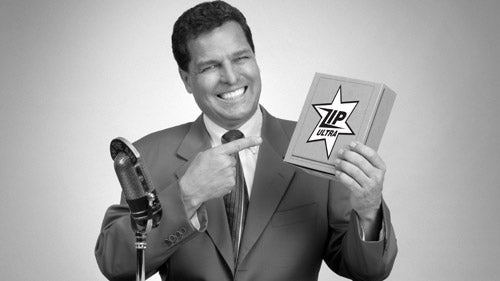
Let’s talk a little bit more about the sales process. What are the reasons that people buy, and what are the reasons that people don’t buy? Why are they going to buy your product or service? Why are they going to say no to your product or service?
There are a lot of ways that people can say no. There are a lot of objections that they can give you. You might say to me, “Nick, there are hundreds of objections that clients can give me. You don’t fully understand my business or my industry.” Let me share this with you: I believe there are really only four objections that you are going to get at any kind of a sales process. And I think this is pretty exciting because if what I am going to tell you is true, if you know your product or service, you can prepare for those objections because you know what the prospect is going to say to you.
They are going to say one of these four things: First objection — they are going to say “No hurry. Hey, this looks good, or it looks interesting, but I’m not in a hurry to do it now.” People in the life insurance business know that clients want to put off buying the plan. They want to put it off until they die! They don’t know when that’s going to happen, so you need to do something to show them why it’s going to cost them more money if they wait.
Second objection – No confidence. They may have no confidence in you, in your company, or in your product. But you are going to be able to overcome that in the actual presentation part by presenting yourself professionally, making sure you are focused on their needs. The most important thing really is going to be: do they have confidence in you? Because they are buying you, they may be looking at your product and service, but they’re really buying you.
So no hurry, no confidence. The third objection is no need. No need is probably the most important because when you get down to the end of the presentation if people really don’t feel like they need it, they are not going to buy it. It may be a good product, it may be a good price, but “Do I really feel like I need this?” is a hard question to overcome. An example: let’s suppose you are driving in a terrible rainstorm and you can hardly see out the front window of your car. You pull into a service station and it’s raining so hard that you don’t even want to get out. And somebody comes out from the service station, which they don’t do much anymore, and agrees to put some gas in your car and maybe you’re short on oil or something. So they raise the hood, they’re getting soaking wet, and they say “I hate to get you out here in the rain, but I’ve got to show you something.”
Now let’s suppose before they did that you saw a big sign on their window and the sign “Batteries regularly $199, now $75.” Would you buy a battery than normally sells for $199 for $75? If you didn’t need one, you wouldn’t care what the deal was – you wouldn’t buy it, would you? But let’s suppose that station attendant got out and said “I hate to get you out in the rain, but you need to look at this.” And you see there’s a cracked battery there and you’re in a bad neighborhood or a bad area of town at a bad time in a terrible rain storm. If they said to you this, “I don’t know how you got in here, and you may or may not make it home, but we’ve got batteries on sale now that are $199 normally, we’ve got them for $125.”
Even though it’s more than the deal was that you saw in the window before when you didn’t feel like you needed it, if you feel like you need it, you’re going to buy it, aren’t you? So the price is not really the relative factor if you feel like you need it.
So when somebody gives you a price objection at the end of the presentation, all they’re really saying to you most of the time is, “What you have shown me is not worth the dollar investment that you’re asking me to put in. You need to show me more. You need to show me where your product or service is worth more than the dollar that you’re asking me for.” So no need, no hurry, no confidence, and the last one basically is no money, “I can’t afford it.” But if somebody tells you they can’t afford it, what they’re really telling you, again, is you haven’t done a good enough job in developing a need, getting agreement that they have a need, and then showing them how this is going to save them money, not cost them money in the long run.
So those are the four basic objections you’ll get. No need, no hurry, no money, no confidence. They’ll put it in 100 ways, but if you can respond to those and be prepared to answer each of those as you prepare your presentation, you’re going to be better prepared, be more effective, and be more successful in selling.
5599 Views












